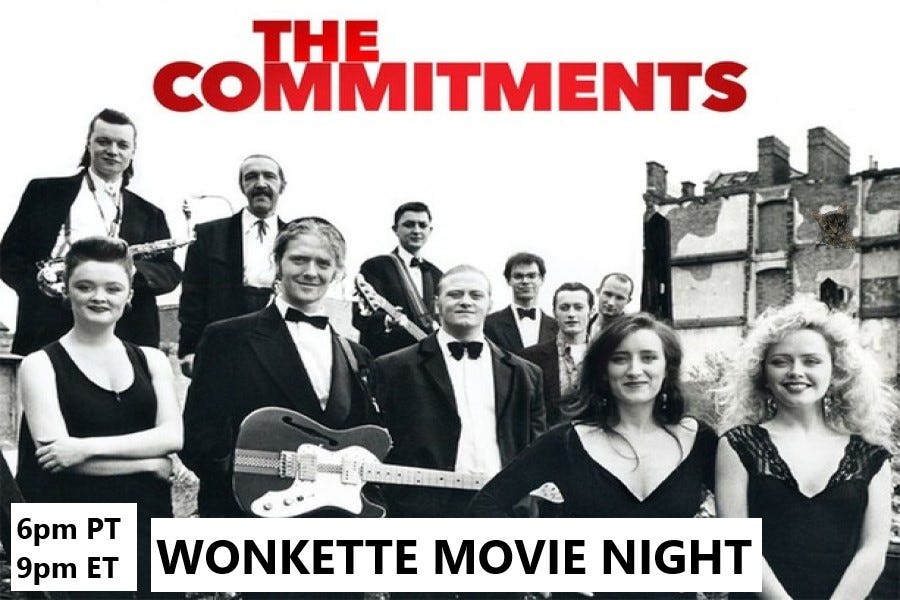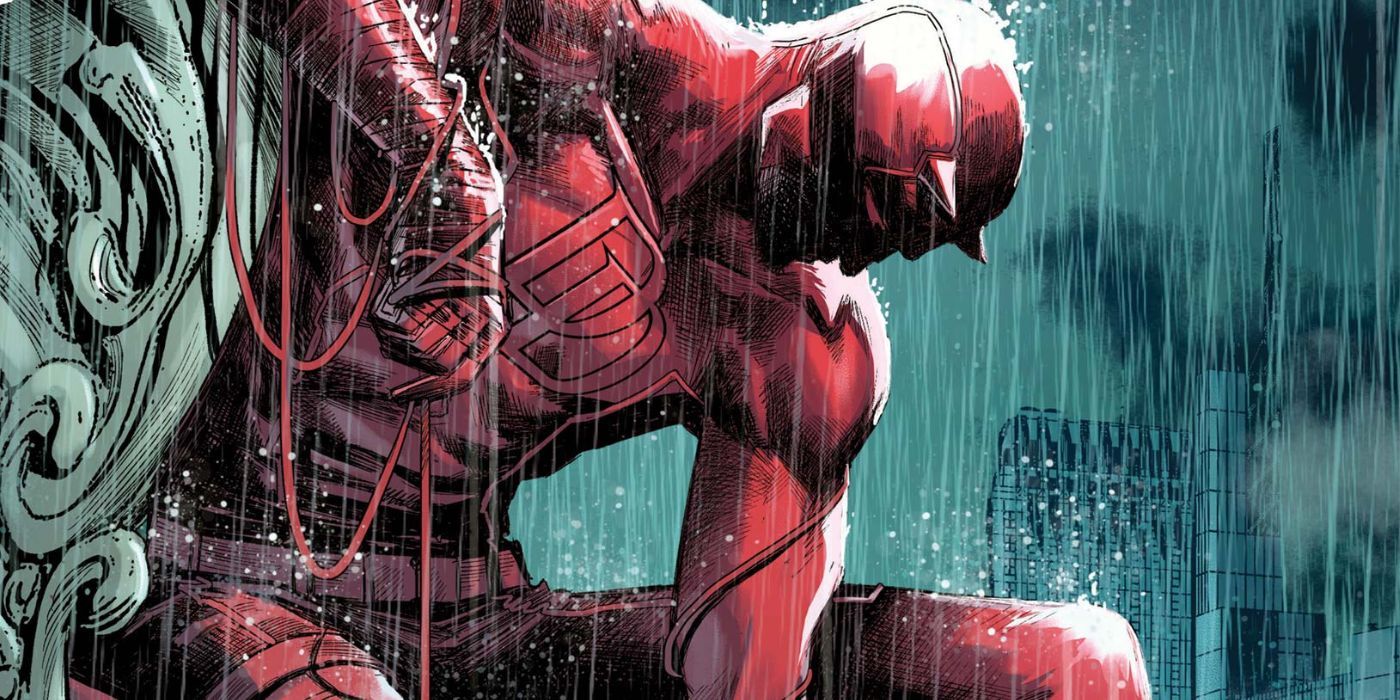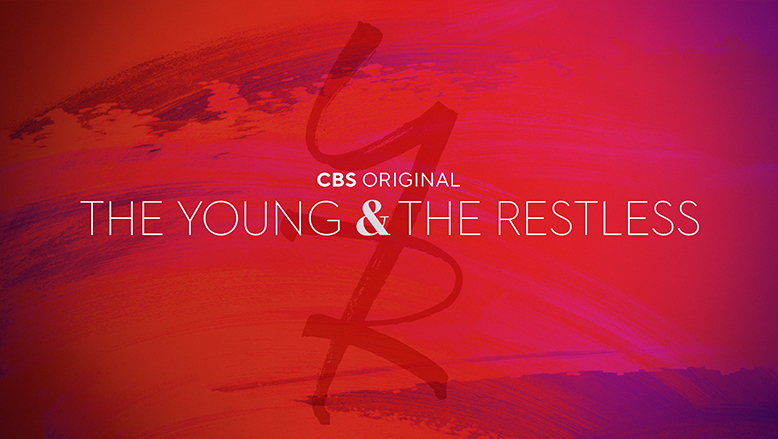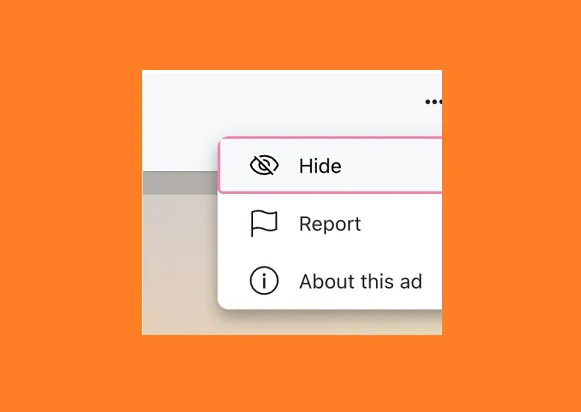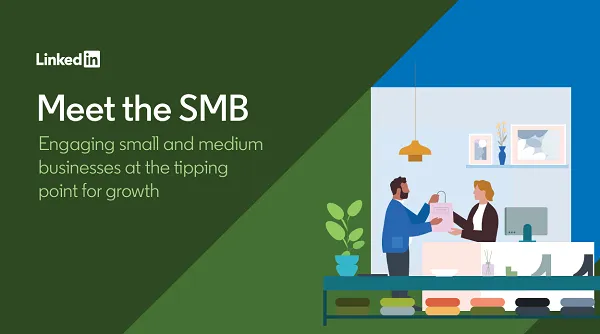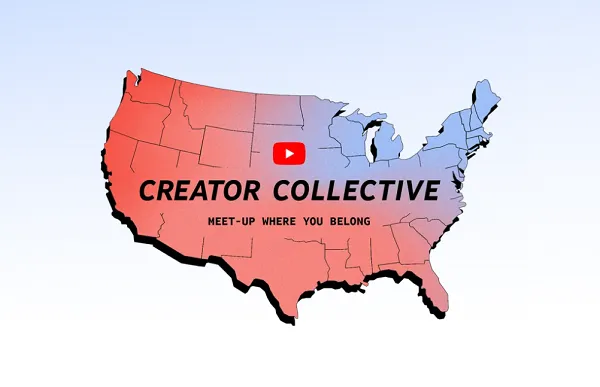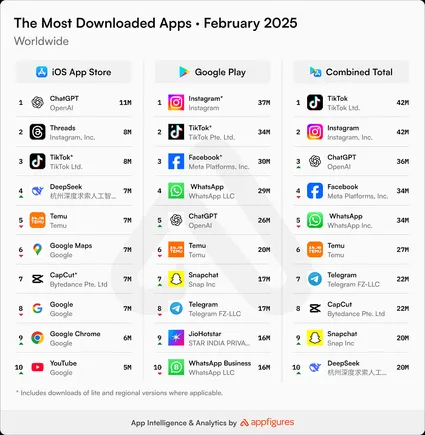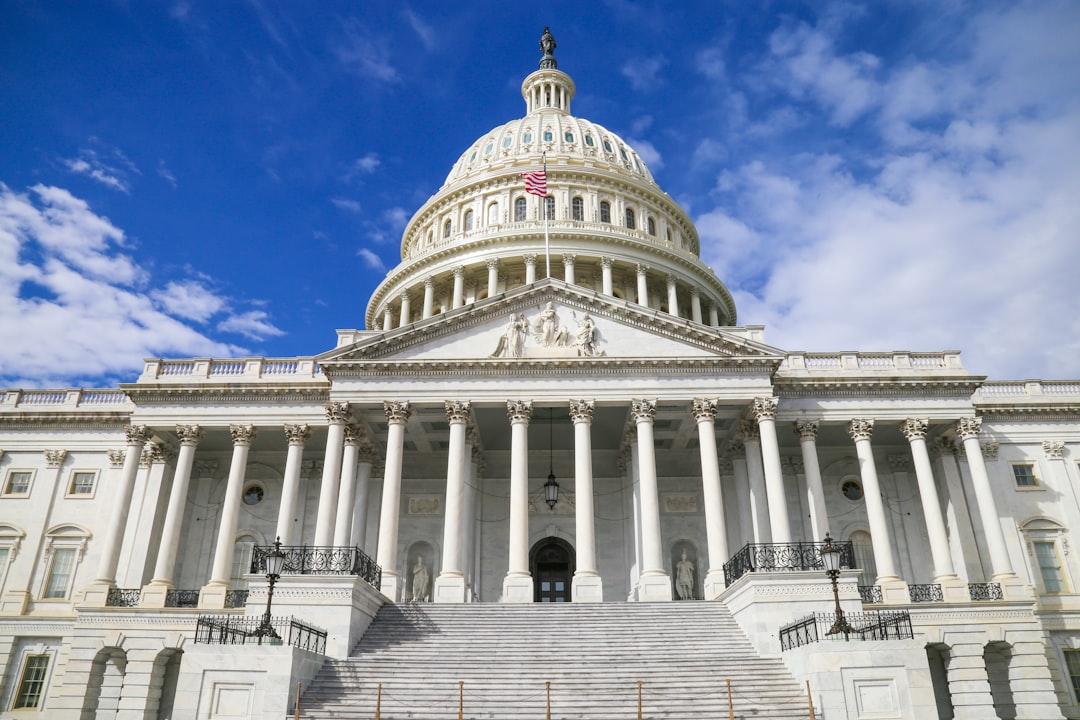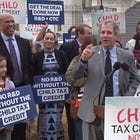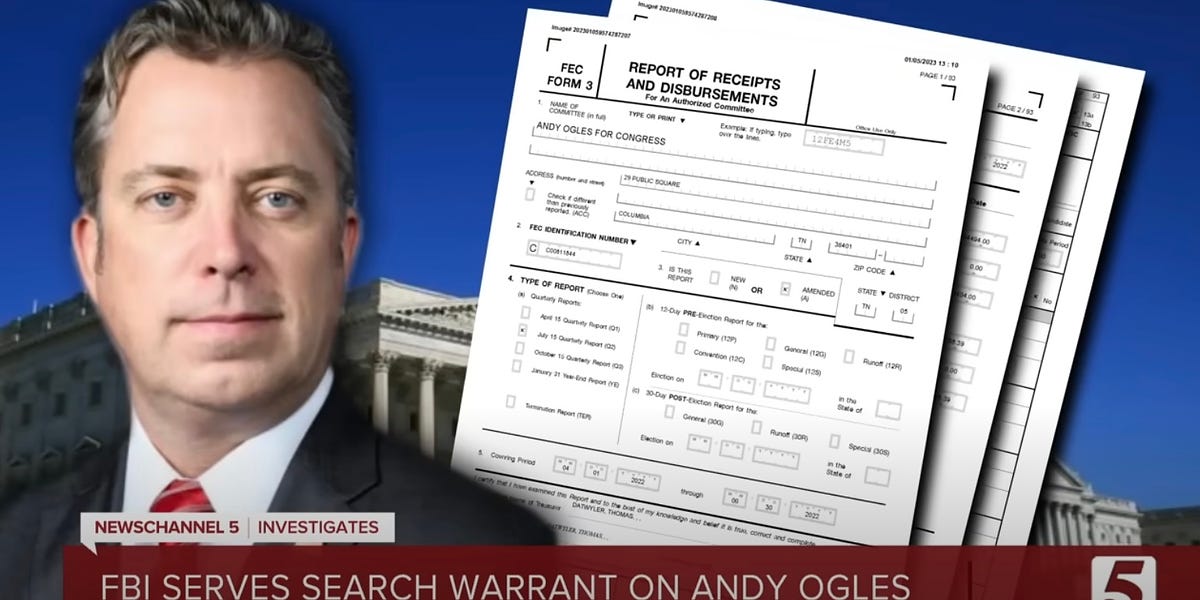
In what came as a little bit of a surprise to people who don’t read everything on Wonkette, the House of Representatives on Wednesday passed a good old-fashioned bipartisan tax bill: Republicans got a bunch of (not actually terribly offensive) expired tax breaks for businesses reinstated, and in exchange, Democrats got an expansion of the Child Tax Credit (CTC) that would lift 400,000 children out of poverty. Horses were traded, backs were scratched, and both sides got at least some of the legislative priorities they’ve wanted for quite a while.
The 2021 expansion of the CTC that was included in the American Rescue Plan was a huge success for child advocates. From August through December of 2021, the expanded credit led to a 46 percent reduction in child poverty, helping not only poor families but also folks in the middle class to get some of that economic “breathing room” that Joe Biden likes to talk about. Research into the program showed that not only did it make children’s lives better, it also didn’t deter parents from working, despite the fears of conservatives.
But Joe Manchin, a putative Democrat, and Republicans thought the credit shouldn’t go to people who didn’t have jobs, and Manchin worried low-income parents would blow the money on drugs and booze (they didn’t) so the expansion expired at the end of 2021, and child poverty immediately began climbing again. Thanks, guys.
Since then, Democrats have been trying to resurrect CTC expansion in some form whenever they could; the basic plan to revive it in exchange for saving some business tax exemptions was part of the negotiations for 2022’s big omnibus spending plan, but not enough Republicans could be recruited.
As Robyn discussed when the deal was first announced a couple weeks back, this version of CTC expansion would be much more modest than the one in the American Rescue Plan. That one boosted the credit to $3,000 to $3,600 per child, and in a huge improvement over the way the CTC had always worked, it was “fully refundable,” meaning that even people with no taxable income — aka “the poorest people, who need it the most” — could get the full benefit.
How does it work? It’s extremely technocratic, and explaining it requires at least two links where we invite you to read it over there — it certainly won’t fit on a bumper sticker. More than 20 liberal House members vote against it, including Rep. Rosa DeLauro, who should generally be trusted on such things. But ah, so should Sen. Ron Wyden, who negotiated the deal for the Senate. So we’ll err on the side of “helps half a million kids, and the R&D business benefits aren’t an awful thing to spend taxes on, so fuck it.”
If you are a tax or policy wonk who likes all the details, Vox has this detailed explainer that discusses exactly how the scaled-down CTC expansion passed Wednesday works, and how it helps more families compared to the current version. Because Yr Dok Zoom is not detail-oriented, we will go with this more general explanation from CBS News, since that’s about what our non-math brain can handle.
For starters, the bill doesn’t increase the current $2000 per child tax credit, but it does make changes for lower income earners who are currently only able to get up to $1600 in “partly refundable” credits because they don’t make enough money for the full credit. (Yes, of course that means middle class taxpayers get bigger credits than very poor people.) Starting with the 2023 tax year, the “partly refundable” credit will increase to $1800 per child, then $1900 in 2024, and finally in 2025 even filers with little or no taxable income will be able to get the full $2000 refund.
Unlike the 2021 version, there won’t be any monthly payments; it will remain a single credit that comes after people file their 1040s each year.
Next change: The existing CTC “requires a parent to have at least $2,500 in annual income, which means that a family with little or no income may not qualify for the CTC.” The new version will allow them to choose either the current tax year or the year before when filing, so if they have a drop in income that disqualifies them this year, they could use last year’s income and still qualify.
The new law would also fix an issue that limits the CTC for some poor families: The current CTC provides no credit for a family’s first $2,500 of income. For earnings above that amount, the CTC is based on multiplying a parent’s income by 15%. The new calculation would multiply the parent’s income by 15% as well as by the family’s number of children.
That’s an important change because it means families with two or more children and low incomes can qualify for a bigger CTC.
In an example provided by liberal think tank the Center on Budget and Policy Priorities, let’s take a single parent family with two kids and annual income of $13,000, and we won’t even drug test them or make the kids work all night cleaning a meat packing plant.
The current CTC limits their qualifying earnings to $10,500 because their first $2,500 of income isn’t counted. Multiply that $10,500 by 15%, and the parent’s maximum CTC is a credit of $1,575.
Under the proposed changes, the parent could receive $1,575 per child because of the tweak to add the family’s number of children to the calculation. In effect, the parent’s CTC would double to $3,150 for each tax year.
So that’s pretty good, and while it’s not the full resumption of the 2021 version progressives wanted, it’s a good deal that will get lots of kids out of poverty.
Unfortunately, it’s such a good plan that several Senate Republicans hate the bill, even though it restores some beloved now-lapsed business tax credits like one for research and development. Thom Tillis of North Carolina harrumphed that it needed to extend all the 2017 Tax cut provisions that are set to expire next year, and rubber-spined Marco Rubio of Florida found the courage to stand up against poor kids, demanding work requirements so that the very poorest families would be excluded. Mitt Romney said he wanted a better funding mechanism, at least for the child tax credit, although obviously cutting business taxes costs nothing.
Before the House voted, Iowa’s Chuck Grassley offered the most honest, and therefore ugliest, Republican take on the bill: He’s against it because it would help poor kids, and that would probably make Joe Biden more popular. Republicans simply can’t let that happen, the old deer murderer told reporters.
“I think passing a tax bill that makes the president look good mailing out checks before the election, means he could be reelected and then we won’t extend the 2017 tax cuts.”
Grassley did at least say he’d “take a closer look at the bill” after it passed the House which we assume still means he wouldn’t dream of alleviating child poverty if it helps Biden, but later.
PREVIOUSLY!
[CBS News / Vox / CNN / Semafor]
Yr Wonkette is funded entirely by reader donations. If you can, please subscribe, or if a one-time donation is better for your budget, we have a button for you right here. It might even help Joe Biden.









